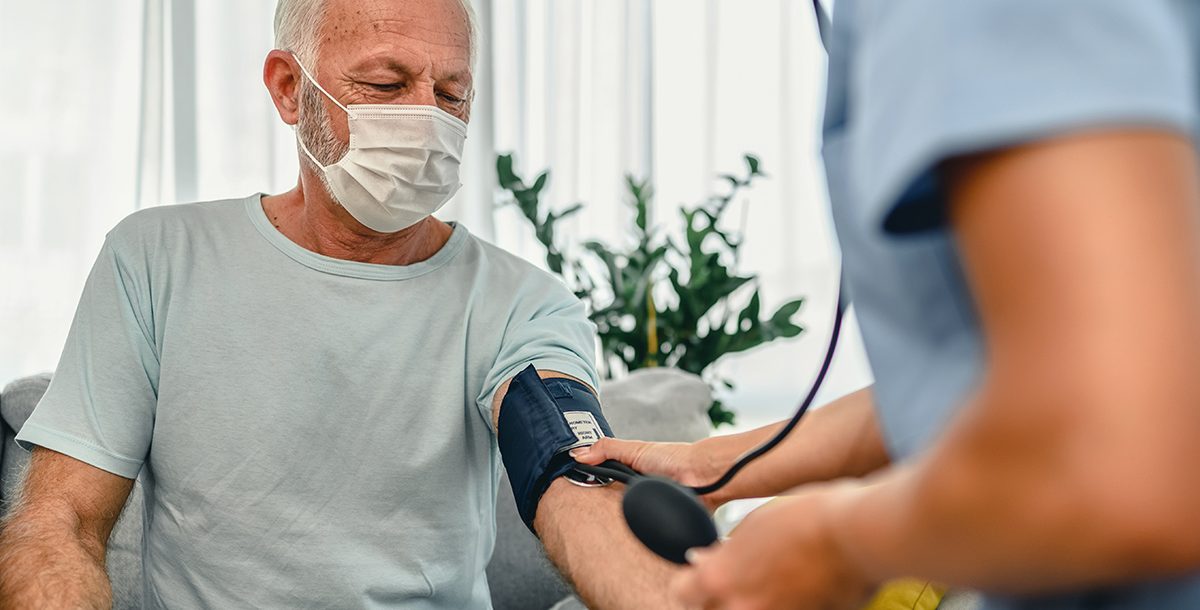When we’re young or feeling good, we might not think too much about our health. However, taking certain steps can help us stay healthy and enjoy life to the fullest at any age, and for many years to come. These steps include annual health screenings.
Health screenings are tests that can help your health care provider find conditions and illnesses before they have a chance to really affect you. This early detection can help you get treatment sooner, which boosts your chances of recovery.
It is recommended that everyone sees their provider each year to evaluate if they should get certain medical tests to screen for diseases and health conditions. Insurance companies often cover the cost of screenings, too.
For all adults age 18 and over
Each year, you should have a wellness screening. Your primary care provider will usually check the following:
- Blood pressure to make sure it’s not too high, which can lead to serious health problems
- Blood work to check how your organs are working
- Cholesterol levels to measure your risk of heart disease and stroke
- Diabetes screening, if you have risk factors
- Depression screening
- Height and weight
- History of illness in your family, such as cancer, diabetes and heart conditions
- Screening for HIV and other sexually transmitted infections, depending on risk factors or at your request
- Skin screening for moles or growths that look out of the ordinary
- Vaccine history
- Annual flu shot
You should also visit your dentist at least once a year to keep your teeth strong and mouth healthy. Oral health and a healthy body go hand in hand.
For women
Along with the annual screenings mentioned, adult women of all ages should talk to their providers about additional tests done periodically. These might include:
- Breast exam and mammogram
- Cervical cancer screening with a pap smear
- HPV vaccine if you didn’t get it as a teenager
For men
Adult men of all ages should screen themselves for testicular cancer at home. Do this by feeling for a lump or swelling in your testicles once a month. Men age 50 and older should also discuss prostate cancer screening with their provider.
For people ages 40 to 64
As we get older, it’s important to screen for or vaccinate against certain conditions regularly. Talk to your provider about these screenings:
- Colorectal screening to check for signs of cancer in your rectum and the lower part of your large intestine (for ages 50 and up, unless you have other risk factors)
- Lung cancer screening if you’re a smoker or have smoked in the past
- Osteoporosis screening to check the strength and health of your bones (for ages 50 and up if you have risk factors)
- Shingles vaccine (ages 50 and up)
For people age 65 and over
At the age of 65 and each year after, it’s important to stay ahead of any health conditions by getting additional health screenings. These include a fall-prevention screening to assess your balance. You may also get a high-dose flu vaccine.
Annual health screenings help detect the early signs of serious health conditions. This way, you can make lifestyle changes or get the right treatment to keep you healthy.
Learn more about the primary care services we provide at Bon Secours and find a provider near you.





